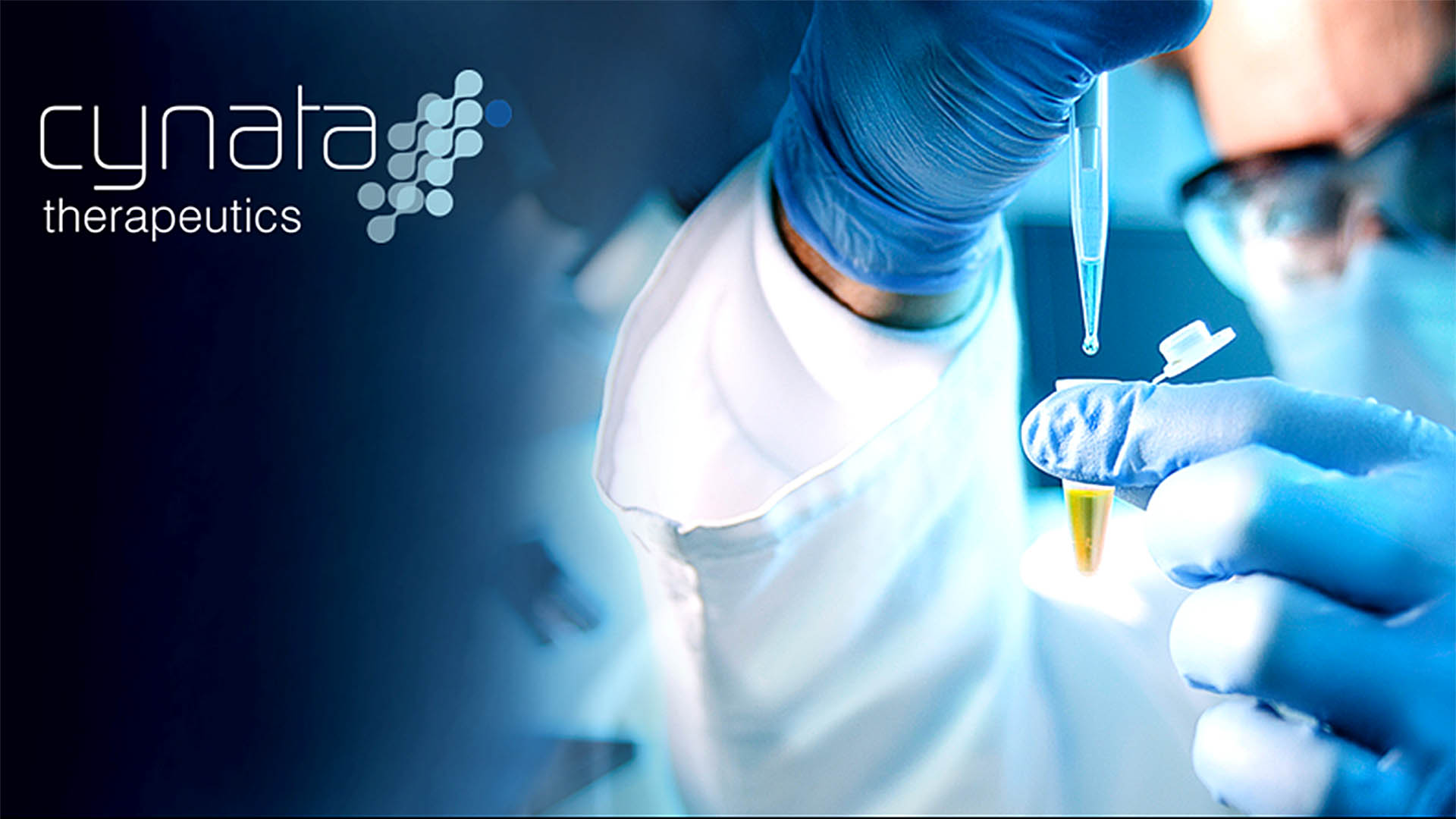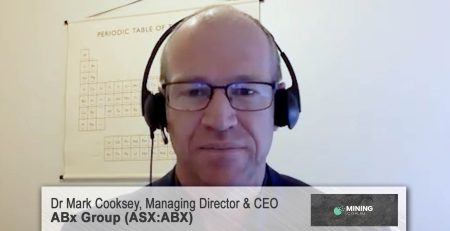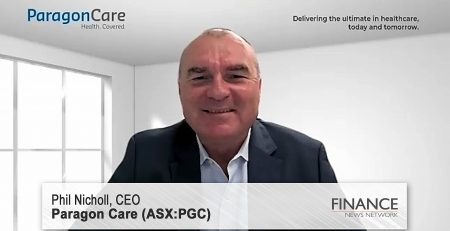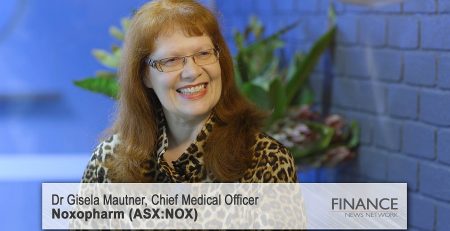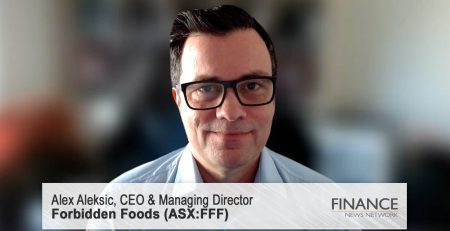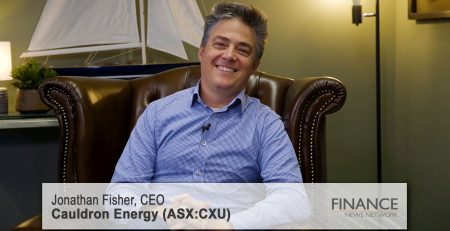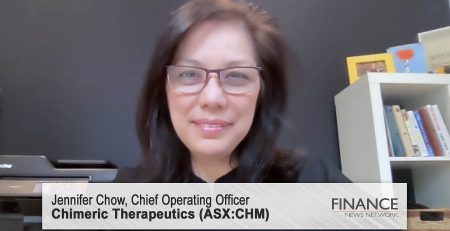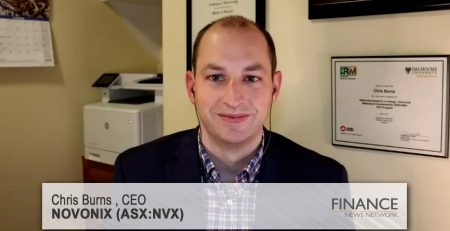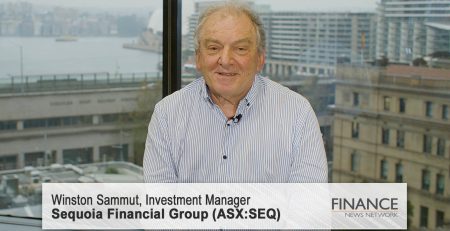Cynata Therapeutics (ASX:CYP) 1H20 results & outlook
Cynata Therapeutics Limited (ASX:CYP) Managing Director, Dr Ross MacDonald, talks 1H20 results, upcoming Phase 2 clinical trials, licensing and strategy to build the company's Cymerus cell therapy platform.
Rachael Jones: Hello, I'm Rachael Jones for the Finance News Network. Joining me from Cynata Therapeutics (ASX:CYP) is Managing Director Dr Ross Macdonald. Ross, welcome back to the network.
Dr Ross Macdonald: Thanks, Rachael.
Rachael Jones: Now, first up, Ross, just to remind our viewers about Cynata, could you start with an introduction to the company?
Dr Ross Macdonald: Yes. Well, Cynata Therapeutics is an Australian Stock Exchange listed cell therapy company, developing cells as medicine. This is very much the new wave of medical treatment, as we learn how to use and harness the body's own repair and regenerative processes. We IPO'd the company in 2013. And it was founded from technology that originated at the University of Wisconsin in the United States, which is very much the home of stem cell research and product development. We call our platform Cymerus, and basically that's the term we use to describe our manufacturing process, which is the core technology of Cynata Therapeutics.
Rachael Jones: Thanks, Ross. Now to your first half 2020 results, what were the highlights there?
Dr Ross Macdonald: We had a very exciting year last year, and the second half of the calendar year, the first half of the financial year, was marked by some very important achievements. We completed a licence transaction with Fujifilm Holdings, one of the largest companies in the regenerative medicine and stem cell therapy space. That's for our first product CYP-001, which produced excellent results in a Phase 1 clinical trial recently in a condition called graft vs. host disease. We also reported some very, very exciting preclinical data in a condition called sepsis, or in its worst case, septic shock, which has become rather topical lately with the coronavirus (CODIV-19) epidemic.
We've published much of our preclinical findings in medical journals, which is a very important milestone, as not only from a PR point of view, but it illustrates in these peer reviewed journals the quality of our science. We've advanced our clinical programs further towards commencement, therein graft vs. host disease, osteoarthritis and critical limb ischaemia. And also last year we were the subject of takeover discussions with a number of parties, one of which was announced as Sumitomo Dainippon, a Japanese company. Ultimately, we chose to withdraw from those discussions at the time, as we couldn't reach an agreement on terms, but the company is very actively pursuing its business development strategy more broadly.
Rachael Jones: Now let's take a closer look at your portfolio. Could you start by telling me more about graft vs. host disease?
Dr Ross Macdonald: Graft vs. host disease is a particularly devastating condition that arises in patients who have had a bone marrow transplant, typically as a consequence of a cancer therapy or cancer treatment, which unfortunately wipes out their own bone marrow. And in a proportion of these patients, a rather fatal condition called graft vs. host disease arises. And our results in a clinical program were very, very compelling. We studied the efficacy and safety of our product in these patients and saw really, really good results, with more than half of the patients having a complete resolution of their symptoms. That program is now proceeding under our partnership with Fujifilm.
Rachael Jones: And can you tell me about osteoarthritis?
Dr Ross Macdonald: Yes, Our other two programs that are entering Phase 2 or plan to enter Phase 2 this year are in osteoarthritis and also in critical limb ischaemia. Osteoarthritis really needs no introduction. It's a condition that affects many, many people, particularly as we age and particularly those people who have a history of sporting activities that ultimately result in joint degeneration. It's a progressive disease that can be treated in its early stages basically with pain relief, but ultimately it results in joint replacement and a high level of morbidity in patients in whom it affects. Our program is being sponsored by NHMRC, the Australian government's research organisation. So, it's being fully paid for other than the cost of product itself by the NHMRC.
The CLI program is in a condition critical limb ischaemia that arises particularly in patients who are obese or who have diabetes. So, it's a growing epidemic, particularly in the first world, as we lead a more sedentary lifestyle and how the complications associated with a poor diet — a lot of high fat, alcohol, cigarettes and so on — have led to a growing incidence of this condition. And it is particularly devastating, resulting in ultimately amputation of the lower limbs. And so a very, very expensive disease to the healthcare system.
Rachael Jones: And can you talk me through the broader preclinical pipeline?
Dr Ross Macdonald: Our preclinical pipeline has shown some outstanding results in a wide variety of conditions. In many cases we are following the pathway that's been led with the academic researchers and others utilising the broad therapeutic potential of mesenchymal stem cells. So, we have demonstrated that our technology is also very relevant in many of these conditions — in pulmonary disease, for example, asthma, and more severe diseases like ARDS that affect the lungs, in cardiac disease, particularly post myocardial infarction. We've seen some outstanding results there. And, as I mentioned earlier, some great data from a preclinical model in sepsis. All of which now represents a showcase of Cynata's Cymerus platform, which we are using in our business development discussions, partnering conversations, and also to allow us to move forward into Phase 2 clinical studies in any one of those disease targets as our program moves forward.
Rachael Jones: And now to your strategy and share price, could you provide a comment on both of these?
Dr Ross Macdonald: Well, we're all operating in a very challenging environment at the moment, but I'm very pleased to say that Cynata's fundamentals remain very strong. Obviously, the challenging market conditions are affecting Cynata as everybody else, but the healthcare sector has certainly historically been one of the more resilient sectors. And as I said, our fundamentals remain very strong. We have great data, a corporate partnership with one of the leading companies in this space, we have a clear path to Phase 2 clinical trials. So, there's a lot of ticks in the value box for Cynata.
Rachael Jones: And to the last question now, Ross, is there anything else you'd like to add?
Dr Ross Macdonald: Well, I think it'd be remiss of me not to mention the interesting developments around the use of MSCs in patients who have severe complications of coronavirus infection. There's been some very, very recent clinical studies coming out of China, and of course there's a large amount of preclinical data generated by Cynata and others that show that in the respiratory or lung complications that arise in these patients MSCs may represent an interesting therapeutic option. Obviously, this is very early days and we're very, very cautious about the hype that's being generated around many different approaches to treating infection with the agent and to treating the complications that arise from coronavirus (COVID-19) infection. But it is very, very interesting for sure.
We'd also like to, of course, remind investors that the challenge associated with cell therapy, product commercialisation really is in the manufacture of these very, very complex products. And if there is an inability to manufacture the millions of doses that are required, then this represents a major barrier. Obviously, if market demand cannot be met — and typically, for example, if we talk about osteoarthritis, we are talking about millions of doses — we need a manufacturing solution that is like the Cymerus technology offered by Cynata.
Rachael Jones: Dr Ross Macdonald, thanks so much for the update.
Dr Ross Macdonald: Thank you.
Ends
Copyright 2020 – Finance News Network
Source: Finance News Network

